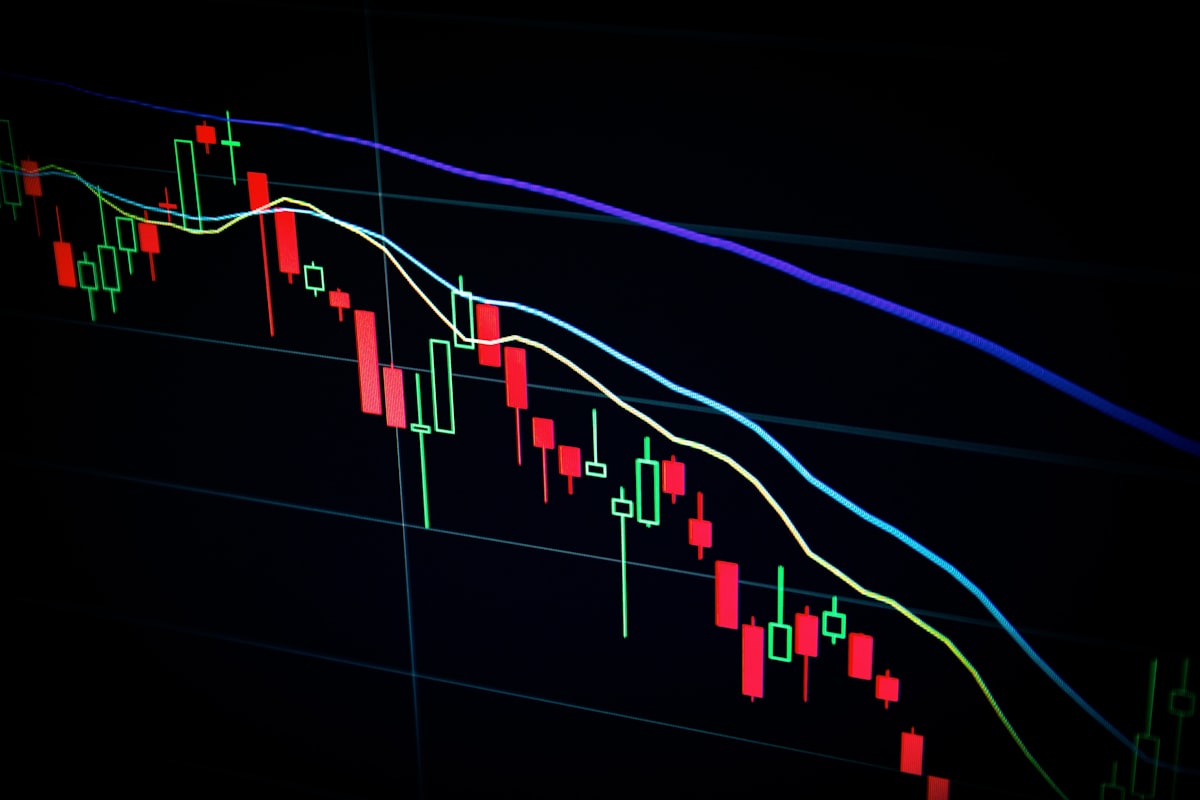📚 Table of Contents
- ✅ Why Sustainable Investing Is the Future
- ✅ 1. Green Energy and Renewable Resources
- ✅ 2. Sustainable Agriculture and Food Tech
- ✅ 3. Electric Vehicles and Clean Transportation
- ✅ 4. Water Conservation and Management
- ✅ 5. Circular Economy and Waste Reduction
- ✅ 6. Green Buildings and Sustainable Real Estate
- ✅ 7. ESG (Environmental, Social, Governance) Funds
- ✅ 8. Green Bonds and Impact Investing
- ✅ Conclusion
Why Sustainable Investing Is the Future
As the world grapples with climate change, resource depletion, and social inequality, investors are increasingly turning their attention to sustainable investing. But what exactly makes sustainable investments so compelling in 2025? The answer lies in their dual potential—delivering strong financial returns while addressing pressing global challenges. From renewable energy to ethical governance, sustainable investing is no longer a niche strategy but a mainstream necessity. Below, we explore the top eight sustainable investment opportunities that are reshaping the financial landscape in 2025.
1. Green Energy and Renewable Resources
The transition from fossil fuels to renewable energy is accelerating, making green energy one of the most lucrative sustainable investments in 2025. Solar, wind, and hydropower projects are expanding globally, supported by government incentives and technological advancements. Companies specializing in energy storage, such as next-generation batteries, are also gaining traction. For example, firms like NextEra Energy and Vestas Wind Systems have seen exponential growth due to their focus on scalable renewable solutions. Investing in green energy not only reduces carbon footprints but also capitalizes on the increasing demand for clean power.
2. Sustainable Agriculture and Food Tech
With the global population projected to reach 9 billion by 2050, sustainable agriculture is critical. Innovations like vertical farming, lab-grown meat, and precision agriculture are revolutionizing food production. Companies such as Beyond Meat and AeroFarms are leading the charge, offering environmentally friendly alternatives to traditional farming. Additionally, organic and regenerative farming practices are gaining investor interest due to their soil health benefits and carbon sequestration potential. Sustainable agriculture investments not only address food security but also promote biodiversity and reduce water usage.
3. Electric Vehicles and Clean Transportation
The electric vehicle (EV) market is booming, driven by stricter emissions regulations and consumer demand for eco-friendly alternatives. Tesla remains a dominant player, but traditional automakers like Ford and Volkswagen are rapidly expanding their EV portfolios. Beyond cars, sustainable investing in clean transportation includes electric buses, e-bikes, and hydrogen fuel cell technology. Infrastructure investments, such as charging stations and smart grids, further enhance the sector’s growth potential. By 2025, the EV market is expected to surpass $800 billion, making it a cornerstone of sustainable portfolios.
4. Water Conservation and Management
Water scarcity is a growing concern, making water conservation technologies a smart investment. Companies specializing in desalination, wastewater treatment, and smart irrigation systems are in high demand. For instance, Xylem Inc. and Ecolab provide innovative solutions for efficient water use in industries and municipalities. Investors are also eyeing water rights and sustainable utility companies as long-term assets. With climate change exacerbating droughts, water-related investments offer both financial stability and environmental impact.
5. Circular Economy and Waste Reduction
The circular economy model—where waste is minimized through recycling, reusing, and repurposing—is gaining momentum. Companies like Terracycle and Waste Management are pioneering zero-waste initiatives, while startups focus on biodegradable materials and upcycling. Sustainable investing in this sector includes packaging alternatives, such as compostable plastics, and tech-driven waste sorting systems. The global circular economy is projected to be worth $4.5 trillion by 2030, presenting vast opportunities for forward-thinking investors.
6. Green Buildings and Sustainable Real Estate
Green buildings, designed for energy efficiency and minimal environmental impact, are transforming real estate. LEED-certified constructions and smart home technologies are becoming standard, driven by regulatory requirements and tenant demand. Real estate investment trusts (REITs) focused on sustainable properties, such as Prologis and Boston Properties, offer stable returns. Additionally, retrofitting older buildings with energy-efficient systems is a growing market. Sustainable real estate not only lowers operational costs but also enhances property values.
7. ESG (Environmental, Social, Governance) Funds
ESG funds integrate environmental, social, and governance criteria into investment decisions, attracting both institutional and retail investors. BlackRock’s ESG-focused ETFs and Parnassus Investments are examples of funds that prioritize ethical business practices. These funds screen companies based on carbon footprints, labor practices, and board diversity, ensuring alignment with sustainability goals. ESG investments have outperformed traditional funds in recent years, proving that responsible investing can be profitable.
8. Green Bonds and Impact Investing
Green bonds are fixed-income instruments specifically earmarked for climate and environmental projects. Governments and corporations issue these bonds to fund renewable energy, clean transportation, and other sustainable initiatives. The World Bank and Apple have been prominent issuers, with the global green bond market exceeding $1 trillion in 2025. Impact investing goes a step further, targeting measurable social and environmental benefits alongside financial returns. Platforms like Swell Investing and Calvert Impact Capital allow individuals to participate in these transformative investments.
Conclusion
Sustainable investing in 2025 is more than a trend—it’s a fundamental shift in how we approach wealth creation. From renewable energy to ethical governance, these eight sectors offer compelling opportunities for investors who want to make a difference while securing strong returns. As global challenges intensify, the financial world is recognizing that sustainability and profitability go hand in hand. The future of investing is green, and the time to act is now.


Leave a Reply